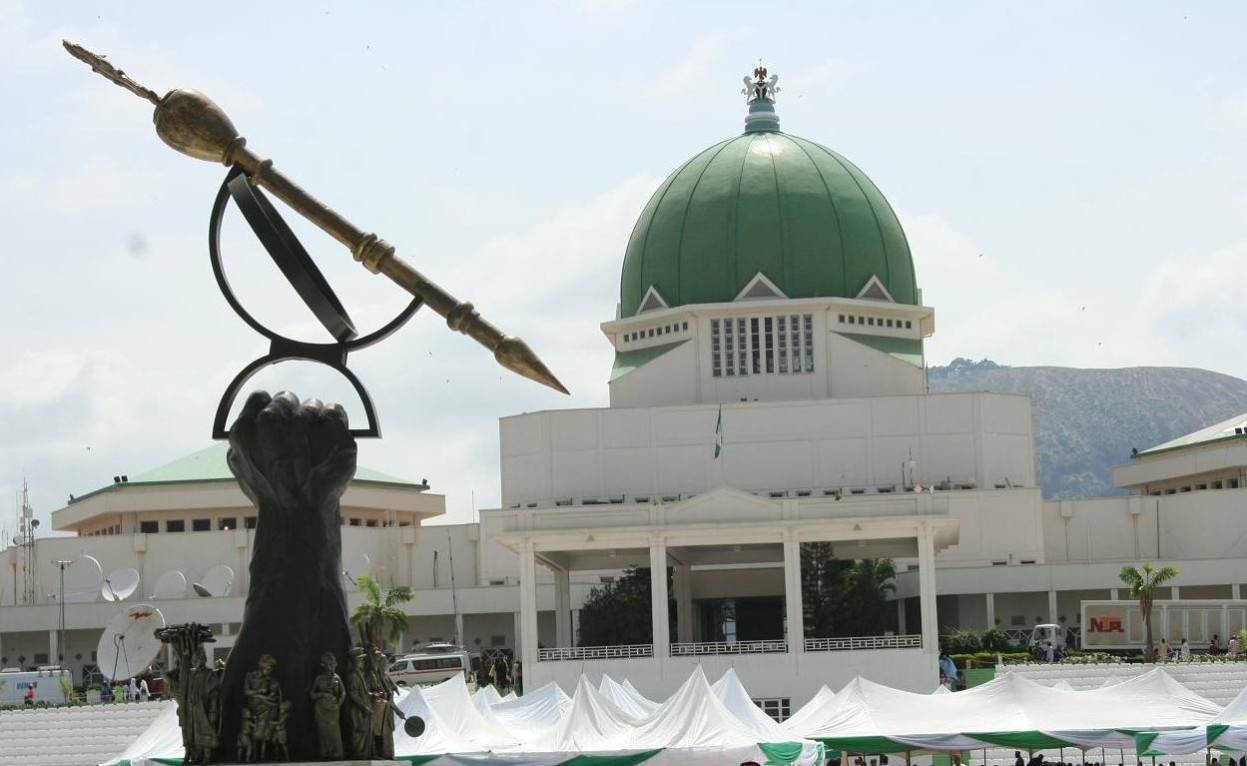‘Senate gave measures to follow in putting an end to recession’

The Senate has given the Federal Government guidelines to follow in putting an end to the economic recession facing the country.
The Senate President, Bukola Saraki, gave the guidelines yesterday in an address to mark the resumption of the lawmakers from a seven-week recess.
He lamented that Nigerians were groaning in pains, resulting from the near total collapse of the economy, leading to hunger and starvation across the length and breadth of the country.
The Senate enjoined the executive to boost the country’s dwindling foreign reserves by selling some important national assets, including part sale of the Nigeria Liquefied Natural Gas (NLNG) Holdings and some other resources. On steps to be taken by the Muhammadu Buhari administration to quickly exit the country from recession, Saraki said: “The executive must immediately put in place leadershiplevel engagement platform with the private sector.
This must be one that is pro-business and shows unequivocally that government is ready to partner with the private sector towards economic revival. This is a critical signpost towards market confidence, which is a key ingredient to help us revamp the economy out of recession. “The executive must raise capital from asset sales and other sources to shore up foreign reserves. This will calm investors, discourage currency speculation and stabilise the economy.
“The measures should include part sale of NLNG Holdings; reduction of government’s share in upstream oil joint venture operations; sale of government’s stake in financial institutions e.g. Africa Finance Corporation; and the privatization and concession of major/regional airports and refineries. “The executive must consider tweaking the pension funds policy within international best practice safeguards to accommodate investment in infrastructure and mortgages. “The executive and CBN must agree on a policy of monetary easing to stimulate the economy and harmonise monetary and fiscal policy until economic recovery is attained. We must ensure local government borrowing does not crowd out credit for the private sector.
“The executive must retool its export promotion policy scheme with export incentives such as the resumption of the Export Expansion Grant (EEG); and introduce export-financing initiatives.
“The executive is urged to engage in meaningful dialogue with those aggrieved in the Niger Delta and avoid an escalation of the conflict in the region. The National Assembly is very ready to play any role in the process and offer ideas on approaches that will deliver quick win-win in order to move the region and the economy forward.
“The executive must, as a deliberate response, consider immediate release of funds to ensure the implementation of the budget for the near short term to inject money into the economy. “Similarly, the agricultural sector and the agroallied businesses should be directly supported to boost value addition and job creation.”
He noted that his experience with his constituents during the recess indicated that the people were no longer interested on who caused the present nosedive of the economy, but a quick solution to their choking predicaments.
His words: “Distinguished colleagues, we cannot afford further distraction and fixation to politics that would not and does not add food on the table of our people, or add one megawatt of electricity to our grid.
Everywhere you go, there is hunger in our land and our people want solutions to their problems. “I believe we can make the recession we face today the shortest in our history and use the lessons coming out of it to consolidate our development. But it all starts now, if we all can believe.”
Saraki regrettably narrated the agonies of Nigerians as witnessed during the just-concluded recess by the National Assembly members, stressing the need for the present administration to take urgent and resultoriented steps to tackle the problems. “I recall unforgettably, how one of the women came straight to me with a look of utter desperation and all she could mutter out was: ‘Please our Senator, do what you can to put an end to this suffering, it is becoming unbearable.’ I don’t know what your experience was, but if your experience mirrored mine, then the challenge before us could not have been made clearer.
“I remember trying to explain to my people that this kind of thing does not happen overnight; that the seeds for the condition that we suffer from today must have been planted by past administrations that refused to do what was necessary.
“However, I soon realised that my people are not so interested in how we got here or who to blame for our current situation. They only wanted to know that government has plans to get them out of this current predicament. To them, the only explanation that makes sense at the moment is that which puts food on the table, reduces price of rice, gari, salt, sugar, meat and saves jobs,” he stated. He said that Nigerians under the current economic situation, needed leadership with clear vision to rescue them from their pains and give them hope of a better future.
“It is clear to me that when people are desperately hungry, what they need is leadership with a clear vision; leadership whose daily actions reflect the very urgency of the people’s condition.
“I say this to urge us that we must have an urgent debate on the way forward. But in having this debate, we must resist the temptation of drowning the debate with apportioning blames that will neither bring solutions to the problem or reduce the cost of rice, maize or cooking oil in the market. Rather, this debate must be solution-driven. It must be people-oriented and less political,” he urged.









0 Comments